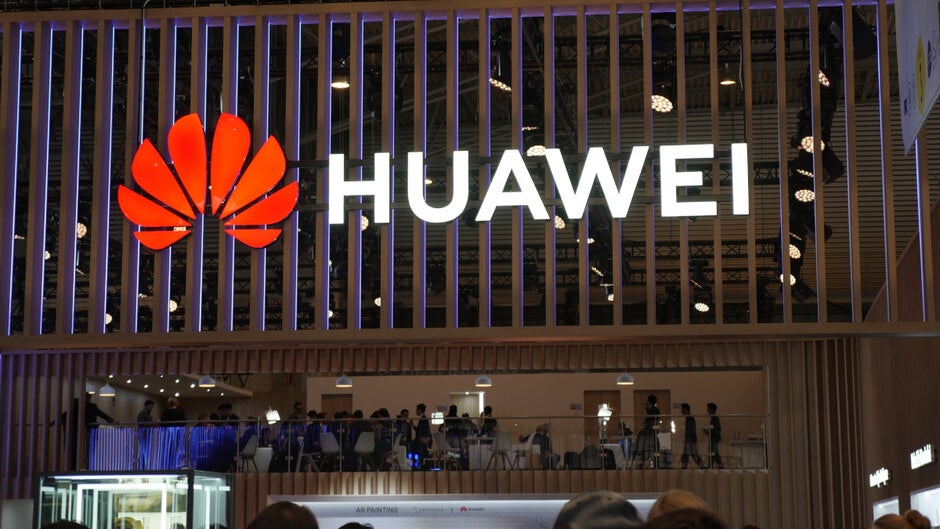Looking to replace lost smartphone sales, Huawei turns to pig farming

Huawei should have been the top smartphone manufacturer in the world last year. The company had a plan in place to take over the top spot by 2021 and despite losing access to its U.S. suppliers (including Google) in 2019, by early 2020 the company had topped Samsung and Apple to become the largest smartphone manufacturer in the world. But then the other shoe dropped. Exactly one year to the day that the U.S. Commerce Department put Huawei on the entity list forcing the Chinese firm to stop doing business with Google, the U.S. made an export rule change. All of a sudden, foundries using American sourced tech were no longer allowed to ship to Huawei without a license.
Huawei turns to other businesses to make up for the loss of smartphone sales
Obtaining the most cutting-edge chipsets for its phones and 5G base stations became impossible. In an ironic twist, even chips designed by Huawei were off limits to it and the firm's smartphone sales plunged 42% during the fourth quarter when the ban started. The U.S. considered Huawei, ZTE, and some other Chinese firms to be national security threats due to its alleged ties with the Communist Chinese government.

Huawei is turning to pig farms and mines to make up for the revenue it is losing from its smartphone business
In November, Huawei sold its Honor sub brand so that the latter would not be banned from obtaining chips and U.S. components because of its association with Huawei. The $15 billion that Huawei received in the sale was certainly needed and now the company could end up the seventh largest smartphone manufacturer this year. The BBC says that Huawei's smartphone production could drop by 60% this year although the company could not confirm the figure. A Huawei spokesman said, "The issue here is not like there's any problems with our quality or experiences of the Huawei products. It's not a level playing field for Huawei as Huawei is caught in between the geopolitical tensions."
The company has been looking for other sources of income which has led it to the pig farming industry. That's right, Huawei, the company behind one of the most technologically advanced smartphone lines in the world, is in the business of farming pigs. This is a major industry in China where 50% of the world's live hogs are located. Huawei is actually bringing tech to the industry with facial recognition used to identify individual pigs. Farms are using other technology to monitor pigs' diet, weight and exercise. A Huawei spokesman, discussing the tech firm's entry into pig farming, said, "The pig farming is yet another example of how we try to revitalize some traditional industries with ICT (Information and Communications Technology) technologies to create more value for the industries in the 5G era."
Besides pig farming, Huawei wants to branch out into mining industry. Company founder and CEO Ren Zhengfei introduced a mining lab earlier this month. Using Huawei technology, Ren wants to turn miners into white collar workers allowing them to wear suits and ties to work. With the company's technology, the mining industry will see "fewer workers, greater safety, and higher efficiency." The executive added that Huawei will continue expanding its television, tablet, and computer lines. This is important because Ren doesn't see the U.S. removing his company from the entity list. Even so, he states that "We can still survive even without relying on phone sales." And even though the company is looking at new sources to bring in revenue, it hasn't given up on the phone business. Huawei is still expected to release its two flagship models this year, the P50 and the Mate 50 lines. The company is expected to use its home-grown HarmonyOS for both models.
While Huawei might be losing market share in smartphones, it still remains the top provider of networking equipment in the world. Still, Huawei needs to be careful with how it proceeds. After all, there is a long time saying on Wall Street: "Bears make money, bulls make money and pigs get slaughtered."
Follow us on Google News













Things that are NOT allowed:
To help keep our community safe and free from spam, we apply temporary limits to newly created accounts: